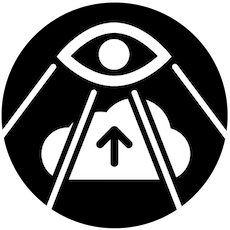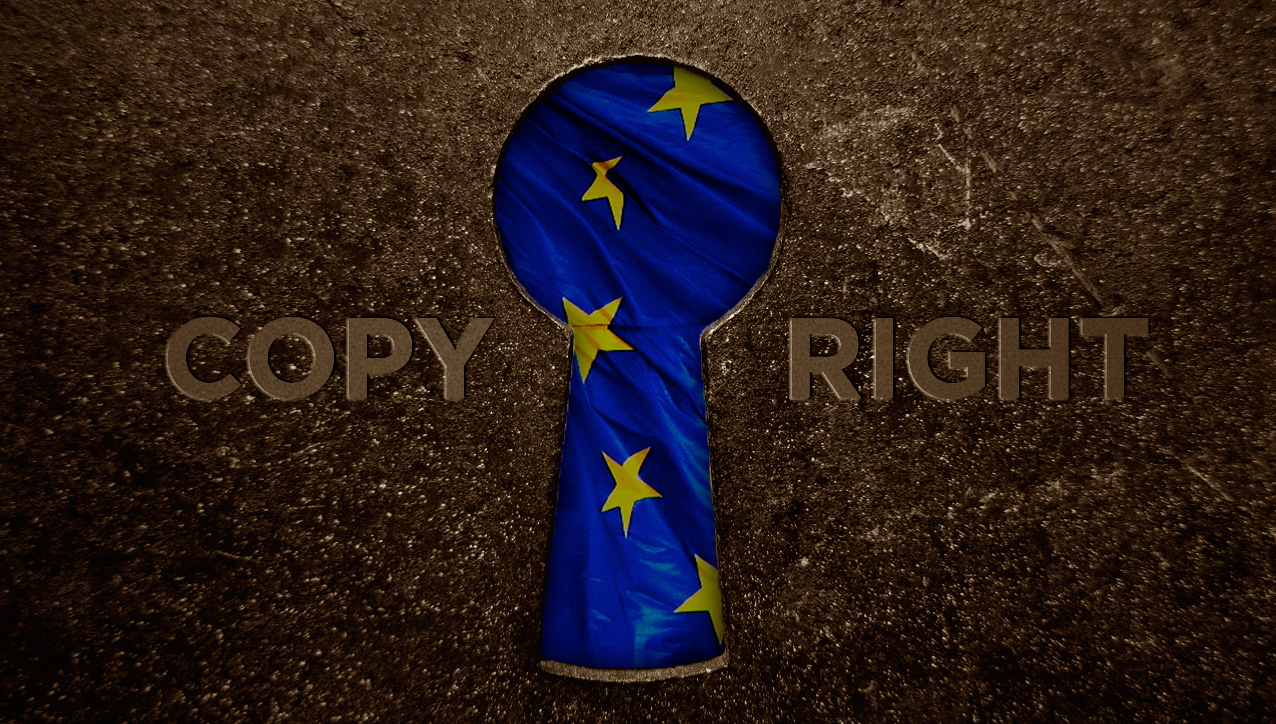The closed-door trilogue efforts to finalise the EU Copyright Directive continue. The Presidency of the Council, currently held by Austria, has now circulated among the EU member state governments a new proposal for a compromise between the differing drafts currently on the table for the controversial Articles 11 and 13.
Politico Europe has published the documents here. Under this latest proposal, both upload filters and the “link tax” would be here to stay – with some changes for the better, and others for the worse.
* * *
 Upload filters
Upload filters
Let’s recall: In its final position, the European Parliament had tried its utmost to avoid specifically mentioning upload filters, in order to avoid the massive public criticism of that measure. The text they ended up with, however, was even worse: It would make online platforms inescapably liable for any and all copyright infringement by their users, no matter what action they take. Not even the strictest upload filter in the world could possibly hope to catch 100% of unlicensed content.
This is what prompted YouTube’s latest lobbying efforts in favour of upload filters and against the EP’s proposal of inescapable liability. Many have mistaken this as lobbying against Article 13 as a whole – it is not. In Monday’s Financial Times, YouTube spelled out that they would be quite happy with a law that forces everyone else to build (or, presumably, license from them) what they already have in place: Upload filters like “Content ID”.
In this latest draft, the Council Presidency sides with YouTube, going back to rather explicitly prescribing upload filters. The Council proposes two alternative options on how to phrase that requirement, but they match in effect:
Platforms are liable for all copyright infringements committed by their users, EXCEPT if they
- cooperate with rightholders
- by implementing “effective and proportionate steps” to prevent works they’ve been informed about from ever going online
- determining which steps those are must take into account “suitable and effective technologies”
Under this text, wherever upload filters are possible, they must be implemented: All your uploads will require prior approval by error-prone copyright bots.
On the good side, the Council Presidency seems open to adopting the Parliament’s exception for platforms run by small and micro businesses. It also takes on board the EP’s better-worded exception for open source code sharing platforms like GitHub.
Council adds wording that the measures taken “shall not affect legitimate uses, such as uses under exceptions and limitations” – though it remains unclear how that could be achieved, since upload filters remain fundamentally unable to tell copyright infringement from legitimate uses like parody. This clause could, however, help future challenges of upload filters in court.
On the bad side, Council rejects Parliament’s efforts for a stronger complaint mechanism requiring reviews by humans and an independent conflict resolution body. Instead it takes on board the EP’s insistence that licenses taken out by a platform don’t even have to necessarily cover uses of these works by the users of that platform. So, for example, even if YouTube takes out a license to show a movie trailer, that license could still prevent you as an individual YouTuber from using that trailer in your own uploads.
Council does not pick up Parliament’s wishful thinking that voluntary industry dialogues should ensure “that automated blocking of content is avoided” – a pipe dream that many commentators had falsely accepted as reassurance that Article 13 wouldn’t lead to upload filters.
* * *
![]()
Link tax
On the “link tax”, the Council is mostly sticking to its position: It wants the requirement to license even short snippets of news articles to last for one year after an article’s publication, rather than five, as the Parliament proposed.
In a positive development, the Council Presidency adopts the EP’s clarification that at least the facts included in news articles as such should not be protected. So a journalist would be allowed to report on what they read in another news article, in their own words.
Council fails to clearly exclude hyperlinks – even those that aren’t accompanied by snippets from the article. It’s not uncommon for the URLs of news articles themselves to include the article’s headline. While the Council wants to exclude “insubstantial parts” of articles from requiring a license, it’s not certain that headlines count as insubstantial. (The Council’s clause allowing “acts of hyperlinking when they do not constitute communication to the public” would not apply to such cases, since reproducing the headline would in fact constitute such a communication to the public.)
The Council continues to want the right to only apply to EU-based news sources – which could in effect mean fewer links and listings in search engines, social networks and aggregators for European sites, putting them at a global disadvantage.
However, it also proposes spelling out that news sites may give out free licenses if they so choose – contrary to the Parliament, which stated that listing an article in a search engine should not be considered sufficient payment for reproducing snippets from it.
Finally, the Council Presidency picks up wording from the EP that one goal of the “link tax” is to “foster the availability of reliable information” – even though, as I have argued, it will have foreseeably have the opposite effect, boosting fake news.
* * *
The EU member states will discuss this compromise proposal tomorrow, on November 15. The next trilogue with the Commission and Council then takes place on November 26. National governments still have the opportunity to listen to the public criticism of upload filters and the “link tax” and ask for more fundamental changes to find a fair compromise.

To the extent possible under law, the creator has waived all copyright and related or neighboring rights to this work.
“Communication to the public”
Hi Julia. I’m not sure your analysis on the “communication to the public” point is quite right. The doctrine of “communication to the public” is notorious for being opaque and made-up-as-it-goes-along by the CJEU, but as I understand it, posting a link is /not/ a communication to the public, if the link points to a legitimate site that it would already have been reasonably possible for that public to have been able to find — so linking to a legitimately accessible page on a newspaper website would seem, per current case-law at least, /not/ to be a communication to the public.
The point you are trying to make, I think, is that if the url of the link itself reproduces enough creative and significant content from the article, then even publishing the link might count as “making available” significant material from the article — same issue, but a different right causing it.
Well, this isn’t unexpected, as the same happened in Spain and Germany.
https://www.businessinsider.com/google-may-shutter-google-news-over-eu-link-tax-2018-11
I am not a politician or a lawyer so I may have missed it, but am I right in saying that I didn’t see any exceptions for non-profit organizations such as Wikipedia in this version of the article? That’s honestly the most troubling aspect of the current form of the document to me
Their Article 13 proposal does exempt “[non-profit] online encyclopaedias” and others. (Page 22). For Article 11, however, there are no such exceptions – the “link tax” applies to everyone reproducing news snippets.
I just wanted to express how happy I am that even in times like these there’s still one politicians who cares about freedom